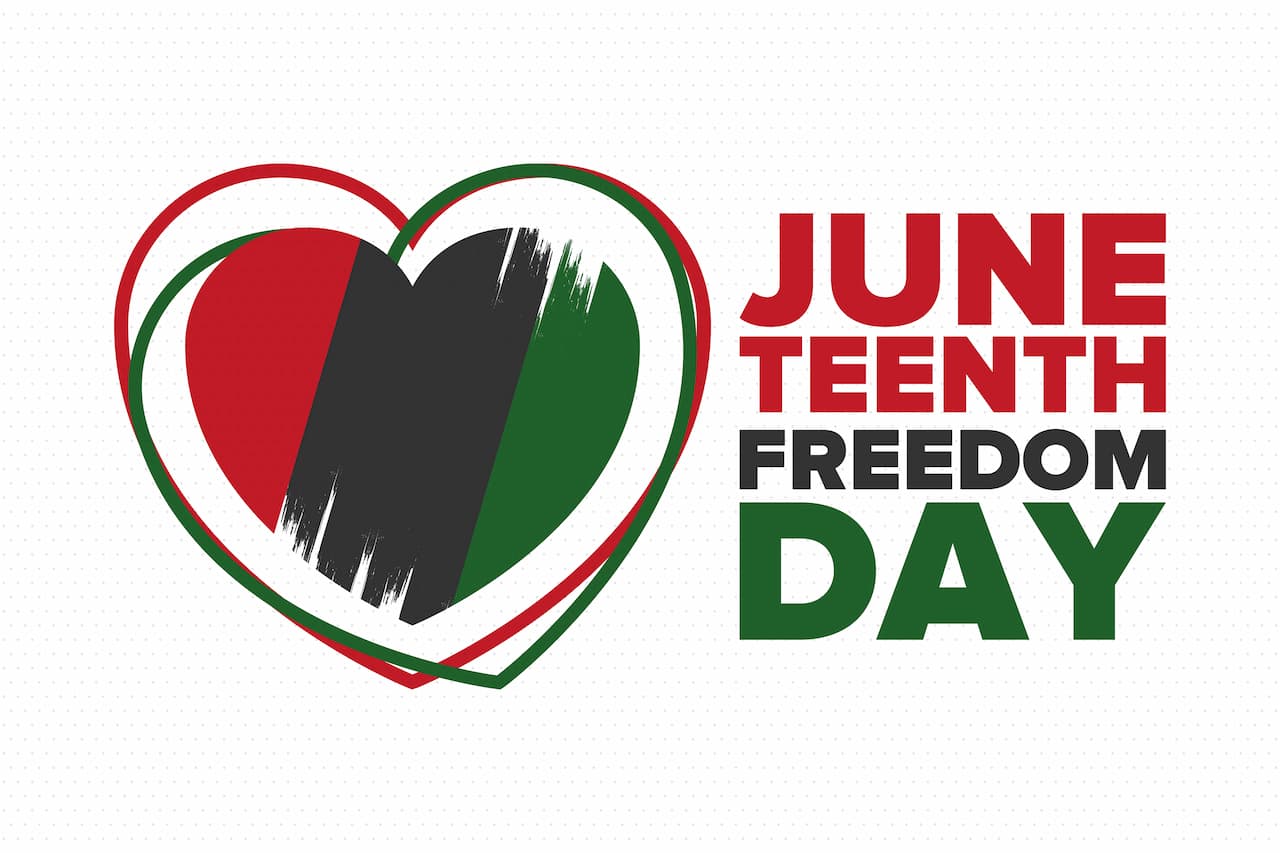The History of Juneteenth

As conversations about racial justice have become more prominent in America over the past few years, so have celebrations of Juneteenth. The holiday has been long-marked by many Black Americans, but is still a relatively unfamiliar tradition to others. So, what does this holiday mean, and why do people observe it?
At its heart, Juneteenth celebrates the end of slavery, reminds us Personal Injury Attorney Ramiro Rodriguez. The Emancipation Proclamation freed all enslaved people on January 1, 1863 — but it did not take effect in all areas at the same time. After all, the Civil War did not end until 1865. Slave-hold states that stayed in the Union were exempt from the order, and those in the Confederacy did not obey American law. Further, news traveled more slowly in the 19th century, and most enslaved people were not allowed to keep up with current events.
So when soldiers entered Galveston, Texas, on June 19, 1865, and read the Emancipation Proclamation aloud, it was a big deal. It presented the opportunity for 250,000 enslaved people in Texas to learn of their freedom for the first time. Not all people experienced liberty immediately, and some slaveholders would only free those they held in bondage with physical force. But that day was a momentous start and a symbolic victory, memorialized by combining the words “June” and “nineteenth” to form the name Juneteenth.
The first Juneteenth was observed on June 19, 1866, to celebrate the previous year’s events. Newly-freed Black Texans marked the occasion with food, song, and prayer. Before long, the holiday spread to other Southern states where Black Americans had been enslaved. Many observances included reading the Emancipation Proclamation and 13th Amendment to those gathered, but others took on a more party-like atmosphere. Though it took more than a century, Texas enshrined Juneteenth as a state holiday in 1980, and it finally became a federal holiday in 2021.
Juneteenth is typically celebrated similarly to Independence Day, with barbeques, fireworks, parades, and social gatherings. Activists also use the date to highlight ongoing racial injustice in the United States. The holiday continues to be most commonly observed by Black people in the southern US, but the end of our nation’s most oppressive chapter is something all Americans can celebrate.
GA Injury Advocates
Latest posts by GA Injury Advocates (see all)
- TRUST is Our Core Value ⚖️💙 - November 6, 2025





